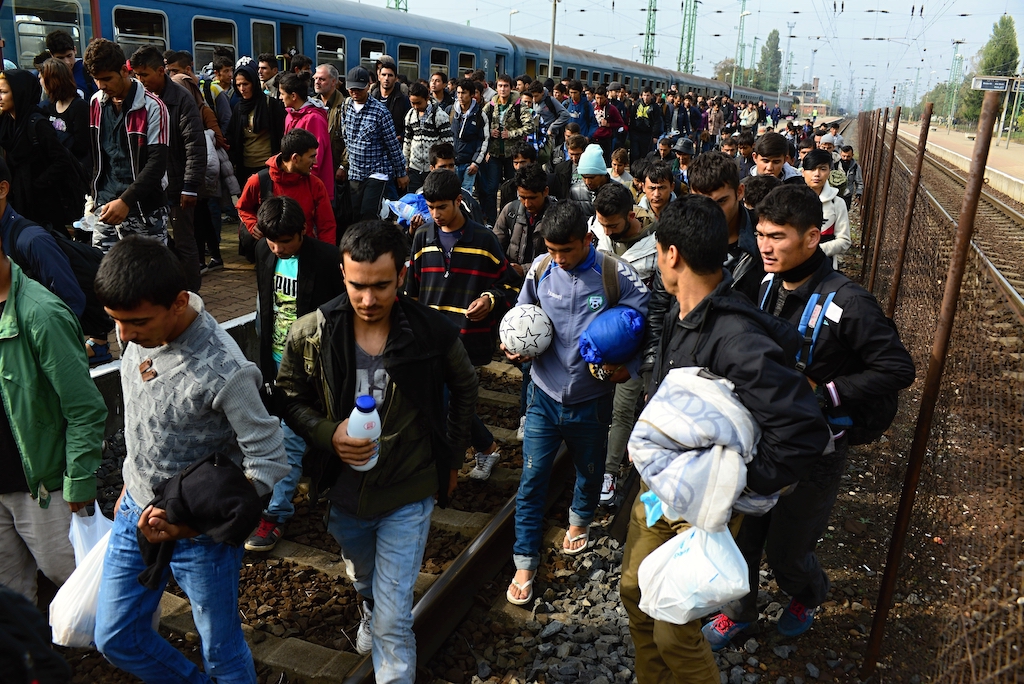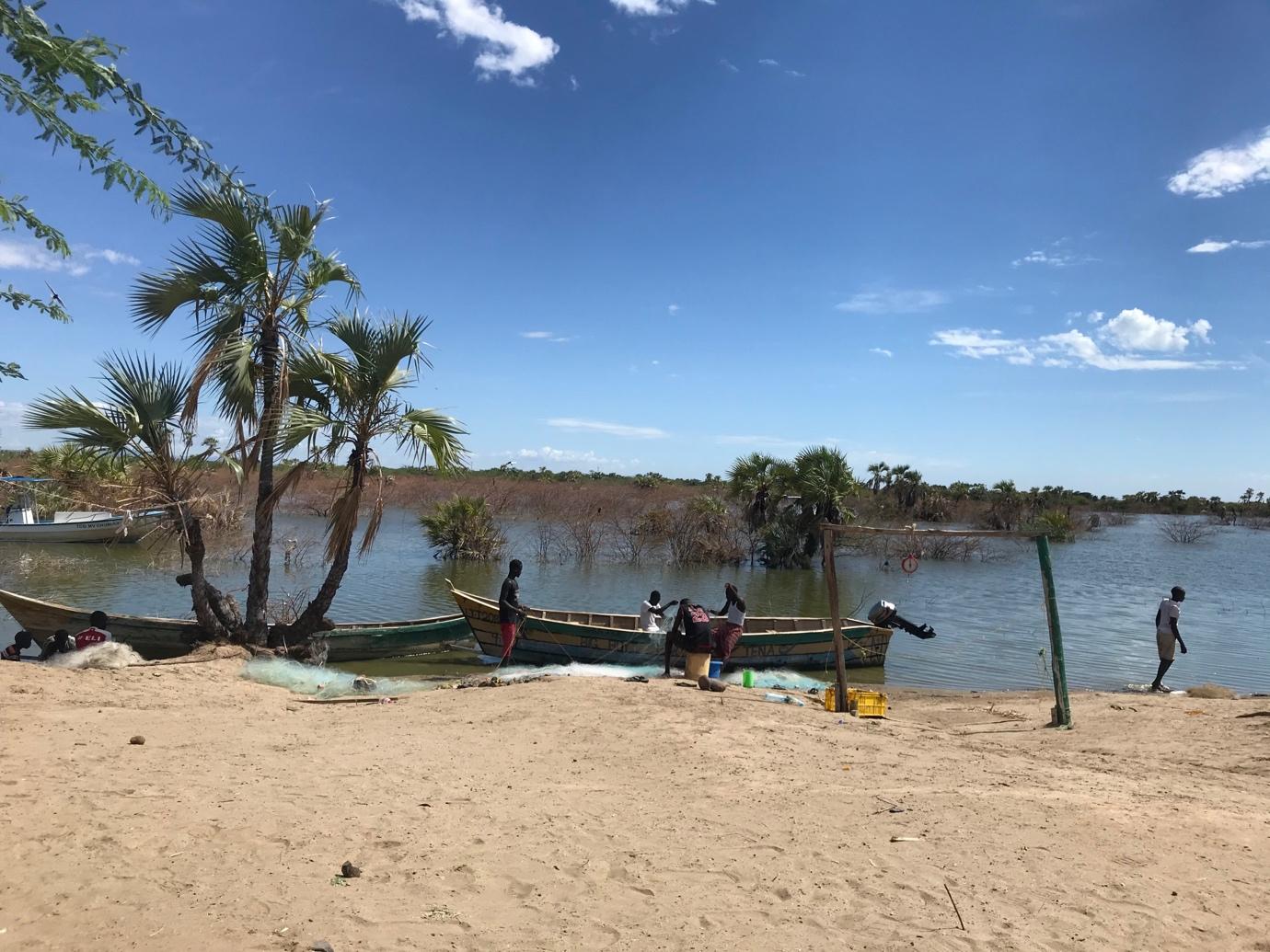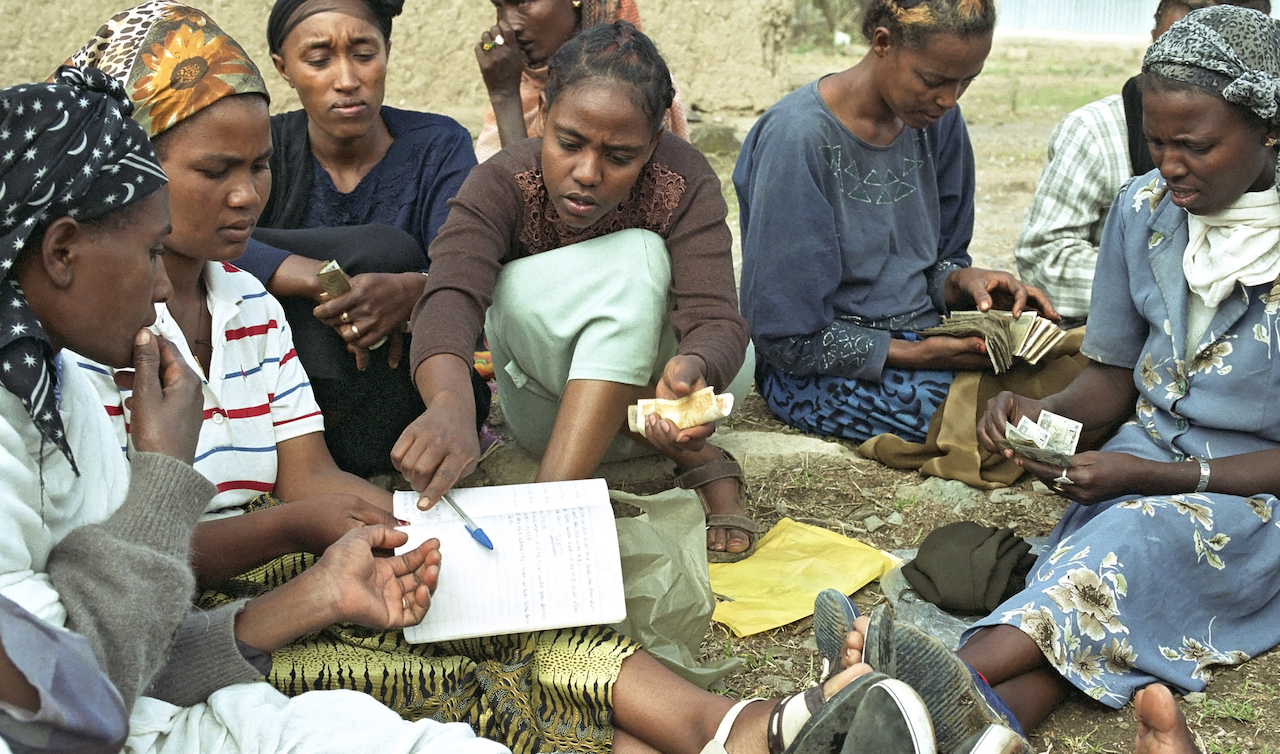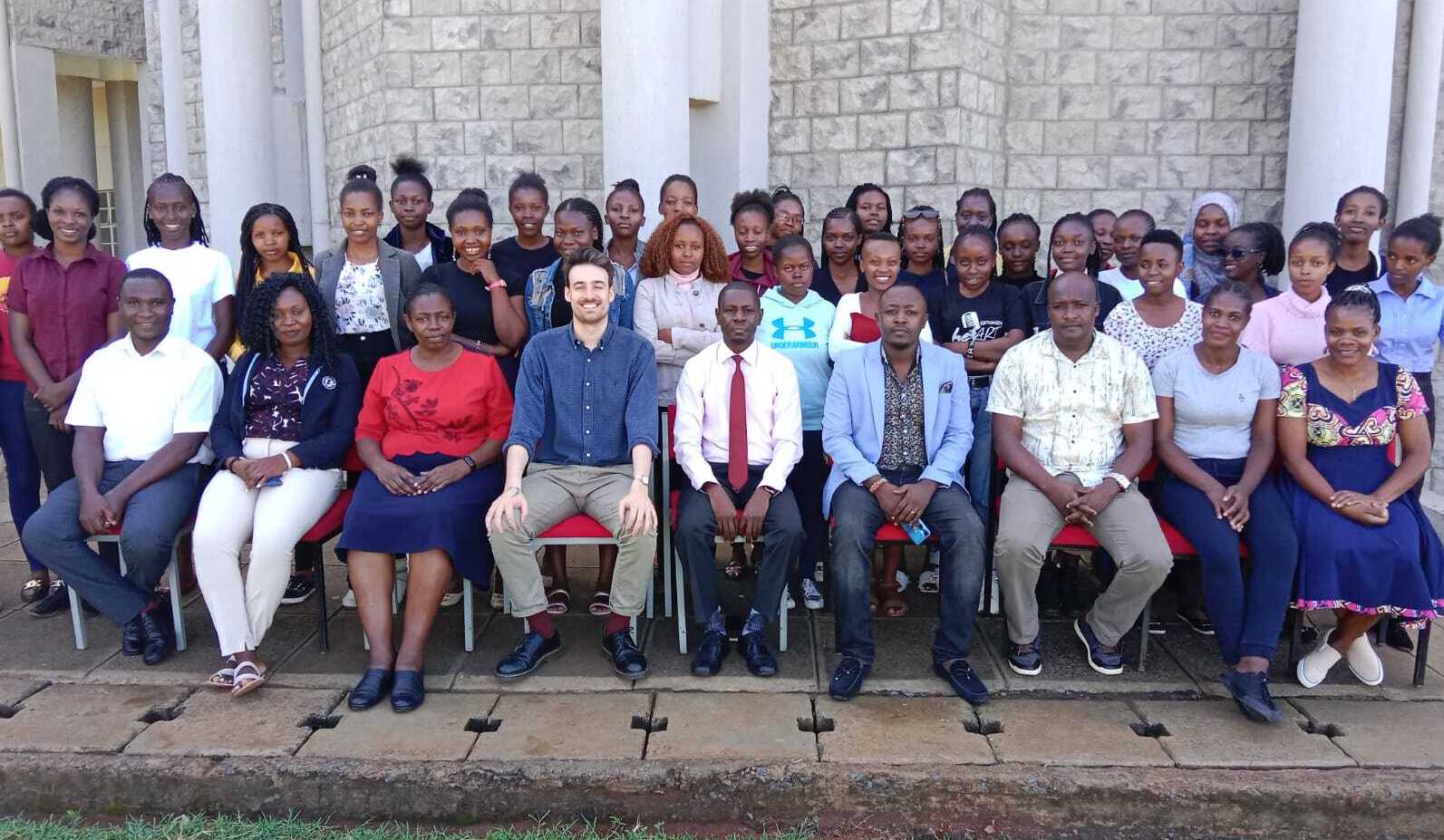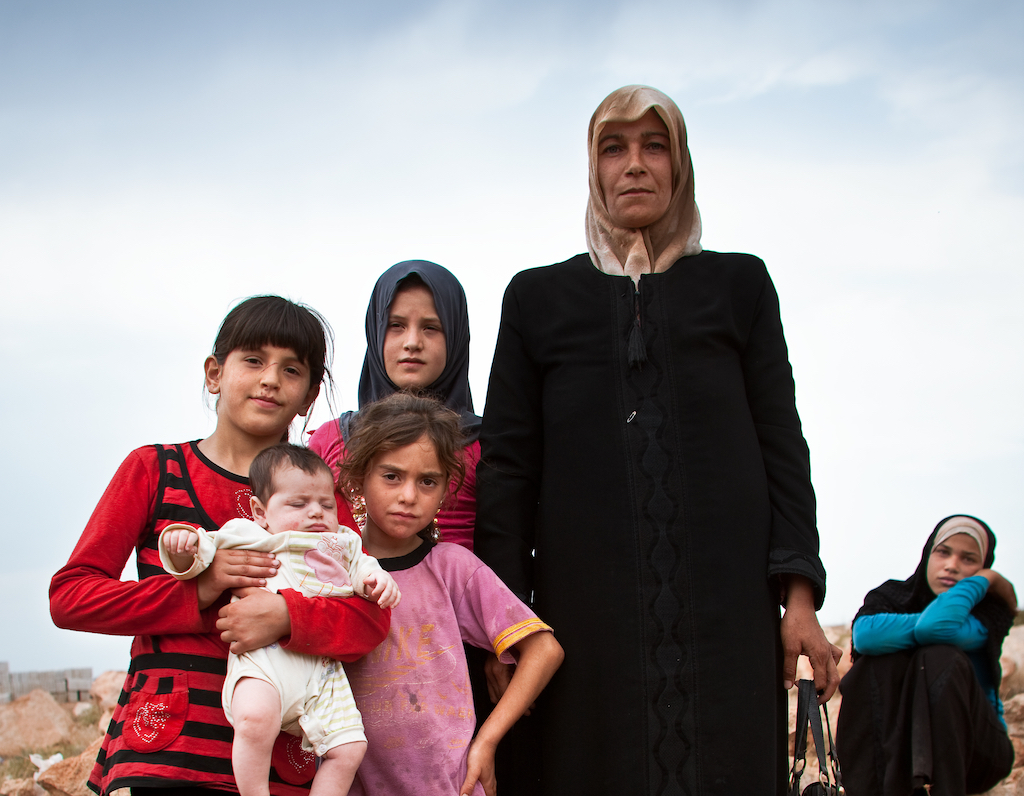Integrating conflict-sensitivity into refugee responses
Albert Mulli
19th June 2024
4 minute read.
At the end of 2023, there were 43.4 million refugees globally. (UNHCR, Global Trends Report, 2023). 43.4 million people who were forced by conflict and persecution to leave their homes and families behind. 43.4 million people who were forced to seek security, safety, protection, and support from host governments, communities, and humanitarian organisations, and donors. While many refugees are often welcomed with open arms by neighbouring countries, Bodhi has observed firsthand how protracted refugee crises can erode this initial support. The ongoing strain on resources and services in host countries frequently leads to increased tensions. By the end of 2022, there were 57 protracted situations in 37 different host countries, with two-thirds of all refugees living in prolonged displacement. (Danish Refugee Council, Global Displacement Forecast, 2024)
Through our work, we have seen situations where local leaders use refugees as scapegoats for broader societal issues, often stemming from poor governance and management. Poorly planned humanitarian aid can exacerbate tensions, as seen when host communities feel excluded despite also suffering great need. As a result, refugee communities in many countries have begun to be seen as threats and even become the targets of violent attacks. The rise of anti-Syrian rhetoric and attacks against Syrian refugees in Lebanon since 2023, (Nasser, R. and Wood, D., “Is everyone potentially an enemy?”, 2024) and Pakistan’s decision to expel all Afghan refugees from the country in 2024 (RFE/RL., Pakistan's Campaign To Expel Millions Of Afghan Refugees Enters Second Phase, 2024) are a few examples of the challenges refugees face.
Despite these challenges, Bodhi has witnessed how effective refugee responses can minimise these risks and, in fact, foster social cohesion between refugees and host communities. In northern Uganda, Bodhi evaluated Saferworld’s ‘Addressing Drivers of Conflict in Uganda’ project, which brought South Sudanese refugees and Ugandan host communities together to address sources of tension such as competition over natural resources like land and firewood. By bringing them together to find joint solutions, the project transformed sources of conflict into platforms for peace. One respondent highlighted that the project improved “coexistence between refugees and host communities,” while another affirmed that it led to, “harmonious relationships between host and refugee communities.” In Tanzania, a flagship project co-financed by the Green Climate Fund and UNHCR, in partnership with UNEP and the Tanzanian government, aims to revitalise landscapes and reverse environmental degradation -a key driver of refugee-host community tensions. (UNHCR, Tanzania builds climate resilience in major push to restore landscapes hosting displaced populations, 2023) This environmental strain often leads to conflicts over land use, as both groups compete for limited natural resources. By commissioning Bodhi to undertake a conflict sensitivity assessment, the project partners have underscored the importance of integrating conflict sensitivity into their efforts to ensure the project not only mitigates environmental impacts but also reduces the potential for land-use conflicts.
No refugee displaced by war should have to endure renewed conflict in their place of refuge. It is essential that all actors involved in refugee responses commit to mainstreaming conflict sensitivity into their programmes. They must anticipate and mitigate potential sources of conflict and ensure they do not contribute to grievances against refugee communities. Building inclusive and collaborative relationships between refugees and host communities should not be seen solely as an add-on - it is paramount to ensuring refugees’ security and protection and should be at the heart of any response.
As we mark Refugee Week, let’s focus on embedding conflict sensitivity in our approaches to supporting displaced populations. By proactively addressing tensions and fostering cooperation, we can create safer, more harmonious environments for both refugees and host communities. Join us in advocating for policies and initiatives that prioritise conflict sensitivity and enhance the effectiveness of refugee response strategies.

